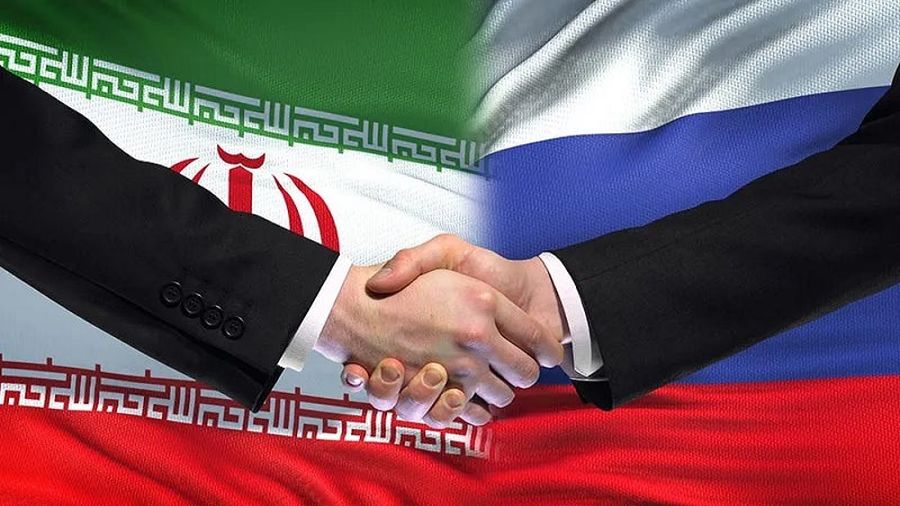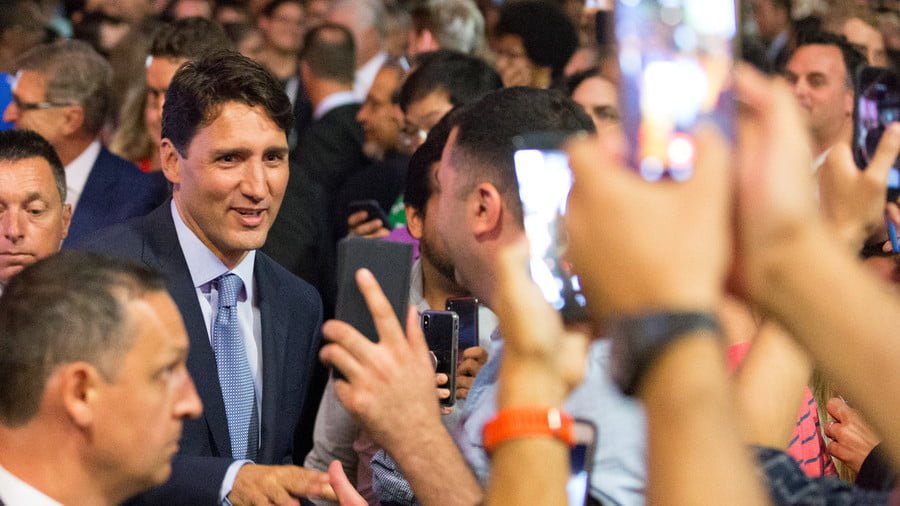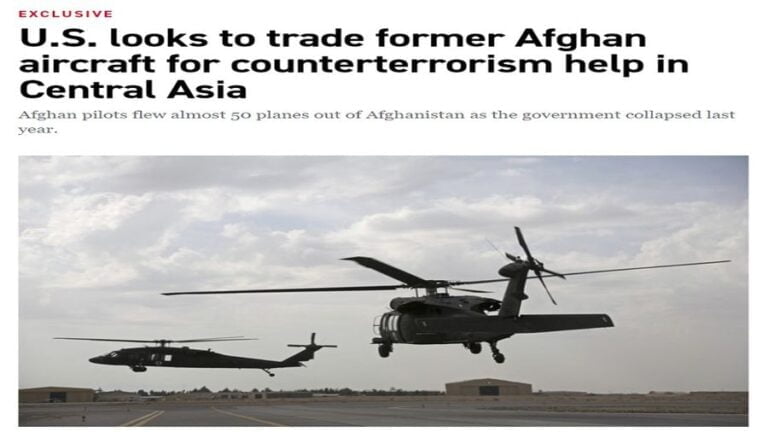Russian-Iranian Cooperation Expands from the Levant to Central Asia & the South Caucasus
As Russia and India trade more across Central Asia and the South Caucasus via the North-South Transport Corridor, Russian-Iranian coordination will naturally expand in those regions too.
Iranian Deputy Foreign Minister Ali Baqeri told reporters in Moscow on Sunday that he and his Russian counterparts have formulated mechanisms for expanding coordination across a wide range of regions. According to him, “The relations between Iran and Russia are not confined to the issue of Syria. Tehran and Moscow are engaged in very good cooperation in the sphere of the Caucasus, as the 3+3 format is a very good model for creating regional security in the Caucasus.”
He was also reported to have referenced Russian-Iranian cooperation in Afghanistan during the latest multilateral meeting in Moscow on this issue, which importantly included a trilateral one between their countries and India. The emerging trend is that these two multipolar Great Powers have expanded their cooperation from the Levant to Central Asia and the South Caucasus, which speaks to Iran’s major role in the global systemic transition.
The sanctions that the US-led West’s Golden Billion imposed on Russia after the onset of its special operation inadvertently accelerated the grand strategic convergence between that targeted country and Iran. This occurred due to the simple logic of both of them being victimized by that de facto New Cold War bloc’s policy of maximum pressure but it was also driven by India’s rising role in Russian grand strategy after it become Moscow’s alternative valve from Western pressure.
Intrepid readers can learn about that in this hyperlinked analysis that enumerates nearly four dozen related pieces over the past year that go far beyond the scope of the present article, but the primary point is that Iran serves as the natural geo-economic bridge between these two Great Powers, not to mention a promising energy one too. In light of Russia’s reported request for India to scale its exports by five times, it makes perfect sense that Russian-Iranian coordination will also expand as a result.
This development adds strategic context to their ties since the North-South Transport Corridor (NSTC) that’ll facilitate Russian-Indian trade runs through Iran, thus enabling those three to jointly create a third pole of influence for breaking through International Relations’ present bi-multipolar impasse defined by the Sino-American superpower duopoly. As Russia and India trade more across Central Asia and the South Caucasus via the NSTC, Russian-Iranian coordination will naturally expand in those regions too.
That explains why the Iranian Deputy Foreign Minister just visited Moscow with the intent of formulating mechanisms to that end in those two parts of Eurasia between them, which builds upon their prior successful coordination in the centrally positioned Levantine state of Syria. Observers should therefore expect Iran to play a greater role in Central Asia and the South Caucasus across the coming future as Russia opens the door for it there in order to accelerate multipolar processes.







